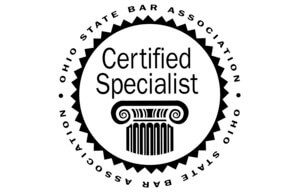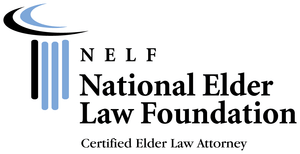How to Get the Most Out of the Increasing Estate Tax Exemption
/Estate taxes must be paid when you die if the net value of your estate (assets less debts) is more than the amount exempt from taxes at that time.
On June 7, 2001 President Bush signed a tax bill that, over time, increased the estate tax "exemption" -- from $675,000 in 2001 to $3.5 million by 2009. Congress went so far this time as to "repeal" the estate tax in 2010, but unless Congress takes further action, it is automatically scheduled to return in 2013 with the exemption back at $1 million.
Year of Death - "Exemption" Amount
2009 - $3,500,000
2010 - $5,000,000 (special rules)
2011 - $5,000,000
2012 - $5,120,000
2013 - $5,250,000
2014 - $5,340,000
2015 - $5.43M
2016 - $5.45M
2017 - $5.49M
Married individuals can use their spouse's exemption, so a married individual could potentially have an exemption of $10,980,000.
Federal estate taxes still carry a wallop. In 2013, the top rate is 55%. They must be paid in cash, usually within nine months after you die. But with careful planning, they can be substantially reduced or even eliminated, especially now. Here's what you can do to get the most out of the increasing estate tax exemption.
1. Married? You can "double" your exemption. By setting up an A-B living trust, both spouses can use their estate tax exemptions and in 2013 protect up to $2 million from estate taxes. But unless you plan ahead, you can waste one spouse's exemption.
2. Check the wording. If you already have an A-B living trust, make sure the language to use your exemptions is flexible and does not state a specific dollar amount (e.g., $1 million or $2 million). Instead, it should apply a formula or use language such as "the amount that is exempt from estate taxes at the time of the grantor's death."
3. Shift assets. If you and your spouse have separate trusts, you may need to move assets from one trust to the other as the exemption increases.
4. Switch to a trust. If a will is your only estate plan, consider changing to a living trust now. It will probably cost more initially, but it can avoid probate, prevent court control of assets at incapacity, and will give you more control over the distribution of your estate after you die.
5. Review your plan annually with a qualified attorney. Your estate plan is a snapshot of you, your assets, your family, your goals and the tax laws in effect at the time it was prepared. Any time one of these changes, you need to review your plan. As frequently as the laws are changing these days, it would be smart to do this every year. A qualified attorney can quickly review your plan and see if any changes need to be made.





